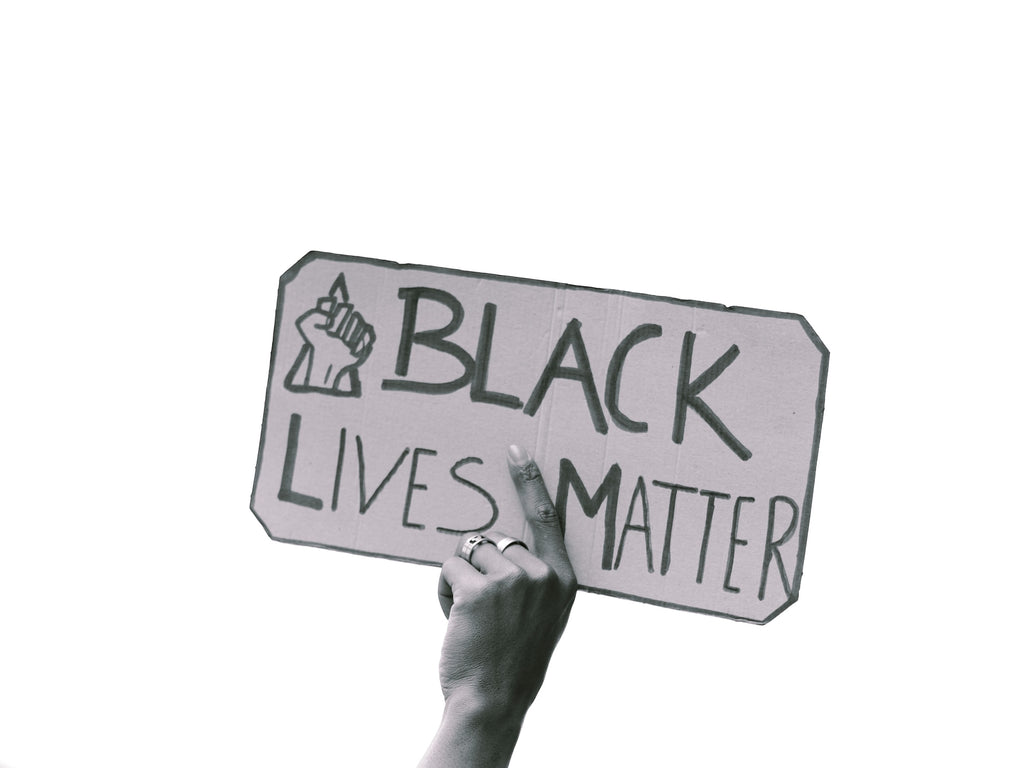4 Diets That Are Still Talked About in 2020
What they are, why they're relevant, and how to approach them.
Once upon a time, the definition of diet referred to the foods that a person, animal or community adhered to; your regular day-to-day nourishment. In more recent times, however (as we’re all too painfully aware), the word has evolved into meaning something a little different; signifying restriction, often with the goal of weight loss. Add to that accomplices like Subscribe now calls to action or Join today! groups, and you have a pretty good idea of what the word means in 2020.
The first diet book came out in 1474 by Italian humanist Bartolomeo Sacchi. The second came out close to 50 years later, with a vastly different opinion of the proposed diet Sacchi subscribed to. Instead, this book offered another way of being sure to solve the problems of our nourishment questions. Clearly falling flat, here we are 546 years later, having still not solved the topic of what to eat, which begs the question: are fad diets here to stay?
It’s important to note that each of these perhaps well intentioned diets — with the exception of the cotton ball diet thing (no, do not try it; yes, it is a thing) — all have some elements that could support a healthy body, mind, and soul. But we need to tease them out from all the whats and the whys before getting to the intention of each, with some internal wisdom to guide us along the way.
The following are the top contenders of today’s diet culture — trends that we’re still talking about in 2020:
Keto
Based on burning fats for fuel as opposed to carbohydrates, the keto diet is rich in fats, adequate protein, and little to no carbohydrates. This diet was first created to support those with seizures (and it does a really good job at that!). Although there are aspects to like about Keto — such as normalizing fats and supporting brain health — for many, the drawbacks are the restrictions that come from this, and nutrient deficiencies that pop up long term. Those who do the Keto diet often end up losing some fat, but ultimately, life gets in the way of focusing purely on fats for fuel. The immediate rebound in symptoms and weight — even from introducing fibre-rich carbs — makes keto a very unsustainable option.
Intermittent fasting
“IF”, for short, is the umbrella term for a diet focused on the timing of your meals, which you eat only between specific hours of the day. The talk of the tech world, IF supporters cite improved energy and cognitive clarity. In reality, fasting has been part of the tech world DNA for a very long time. The problem with fasting, especially for women, is that it may be problematic in balancing hormones. In addition, anyone that has a history of binging or overeating may have a pretty strong reaction to sticking with a protocol that mandates eating only during a certain period of time.
Vegan
The vegan diet is like a vegetarian diet, except that we are now removing all forms of animal by-products, including dairy and eggs, and for some, even honey. The vegan movement is growing, and the fact that we’re eating more plants is good for both our health and the environment. The problematic part is relying on processed and prepared food to get your nutritional needs game right. The ideal variation to a vegan diet is the a whole food plant-based diet, in which — you guessed it: you eat only whole food plants (such as vegetables, whole grains, legumes, and seeds) — not their processed counterparts. Some people thrive on eating plant-based, whereas others approach it with more trepidation. The silver lining is that if you’re prioritizing plants, this can never be a bad thing.
Flexitarian
This diet has a little less structure and is about embracing the ideas of a plant-based life, with the option of including moderate amounts of food that you may have valued otherwise — such as animal protein. The challenging part of this diet is that because of its flexibility, flexitarians may feel left without the structure that dieters often love!
Now that we’ve summed these up, there are a few points to consider: eating more plants, focusing on quality whole foods (not the store), and having positive associations with important nutrients such as healthy fats in olive oil, avocado, and nuts and seeds is key. Rule of thumb: if you’re eating the rainbow of colours on offer in the produce aisle, your diet is looking good. But what about the downside to buying into diet culture?
A compelling idea to consider is that diets are a distraction from our discomfort. I’m not talking about physical discomfort (sometimes diets might be supportive of physical liberation), but the mental and emotional discomfort that oftentimes gets us closer to our truth. Diets allow us to focus our attention on something that has the potential to shift us into feeling worthy, powerful and loved — maybe even healthy. This point of view can actually be problematic for a lot of people, because it’s possible to be all those things without a diet — and without losing weight.
I know that diets have helped people, myself included. Intention is probably the most important ingredient to bring into this whole equation.
Get curious and ask yourself why you’re considering dieting in the first place. Is this really the kindest thing you could do for your body? Or is it another form of hate mail?
A friendly reminder, if dieting is solely based on the desire to lose weight: the most compelling evidence to predict weight gain is dieting. Food for thought indeed.
This post is tagged as:
You may also like...
The Latest
People & Places
How Ara Katz is Redefining “Self-Care” as Rooted in Science with Seed
The co-founder, mother, and self-proclaimed serial entrepreneur unpacks her philosophy on what it means to be well. Ara Katz hates the word “success”. Not because of its listed definition in a di...

Do Good Werk
9 Passive-Aggressive Email Phrases That Are Basically Evil
A Rosetta Stone for every time you want to :’).

Woo Woo
Get to Know Your Astrological Birth Chart
How to find meaning in the stars — and what it means for you.

People & Places
The 5 Best Places In New York To Meet Your Next Investor
Where to rub shoulders with the city's movers and shakers.

Do Good Werk
10 Unhealthy Thoughts You Convince Yourself Are True as a Freelancer
If you work alone, you might be particularly susceptible to distorted thoughts that hurt your mental health.

People & Places
Creating a Conference-Meets-Summer-Camp for Adult Creatives
An interview with Likeminds founders Rachael Yaeger and Zach Pollakoff This past September, I sat in front of an obituary I wrote for myself after a session with a death doula. No, I didn’t know w...

People & Places
When Something Golde Stays: An Interview with Golde’s Co-CEOs
“For us it was never a question,” says Issey Kobori, speaking of the decision to build a business with his partner Trinity Mouzon Wofford. At just shy of 27, Kobori and Wofford have secured a host ...

Better Yourself
Are They Toxic? Or Are They Human?
There’s a difference between putting up boundaries and putting up walls, and the latter is what breaks relationships.

Do Good Werk
How To Combat Seasonal Affective Disorder At Work
Here’s what to do if seasonal affective disorder starts to take a toll at the office.

People & Places
Reclaiming Womxn's Wellness Spaces from a White-Dominated World
How The Villij built a collective that their community can connect to.







